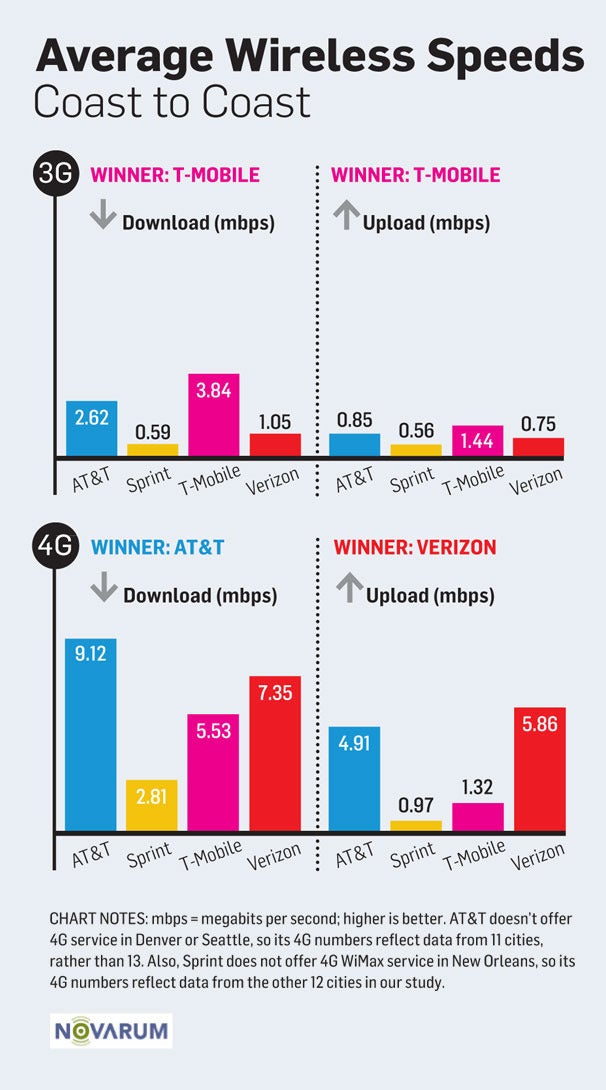Mobile lifeline fraud will only get worse
![By Anders (Own work) [Public domain], via Wikimedia Commons](https://www.tellusventure.com/images/2016/7/mobile_phone_evolution.jpg)
No carrier left behind.
An FCC commissioner wants Californian regulators, along with their counterparts in Oregon, Vermont and Texas, to answer questions about how eligibility for lifeline telephone service subsidies is managed. All four states have their own process for determining whether a subsidised lifeline customer meets income eligibility standards and verifying that any given household only receives one subsidy.
Republican commissioner Ajit Pai sent largely identical letters to the heads of the four public utilities commissions, including California Public Utilities Commission president Michael Picker, asking, among other things how they “determine whether the one-per-household rule is being enforced?”… More

![By This photo was taken by Przemysław Jahr Autorem zdjęcia jest Przemysław Jahr Wykorzystując zdjęcie proszę podać jako autora: Przemysław Jahr / Wikimedia Commons (Own work) [Public domain], via Wikimedia Commons](https://www.tellusventure.com/images/2016/3/3g_phone.jpg)




![By Heurtelions (Own work) [GFDL (https://www.gnu.org/copyleft/fdl.html) or CC BY-SA 3.0 (https://creativecommons.org/licenses/by-sa/3.0)], via Wikimedia Commons](https://www.tellusventure.com/images/2015/10/dscount_bingo.jpg)
![Eric Jones [CC BY-SA 2.0 (https://creativecommons.org/licenses/by-sa/2.0)], via Wikimedia Commons](https://www.tellusventure.com/images/2015/8/life_buoy.jpg)
![ProhibitOnions at the English language Wikipedia [GFDL (www.gnu.org/copyleft/fdl.html) or CC-BY-SA-3.0 (https://creativecommons.org/licenses/by-sa/3.0/)], via Wikimedia Commons](https://www.tellusventure.com/images/2015/7/startac.jpg)